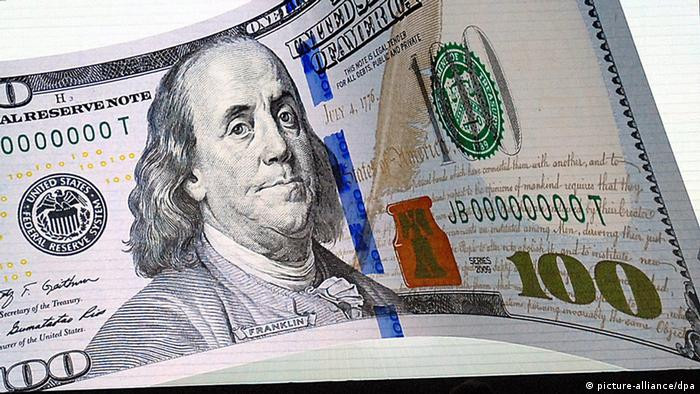Pressure on the dollar continued on Tuesday under the threat of a US debt default, with few signs of a breakthrough in the bipartisan row over raising the debt ceiling.
The Australian dollar gave up small early gains and fell after economic data from China, Australia's main trading partner, fell short of analysts' expectations. Chinese data added to signs that China's recovery from the restrictions of the Covid pandemic has faltered. The yuan fell towards its lowest level in two months.
The dollar index, which measures the performance of the US currency against a basket of six major currencies, witnessed a slight change at 102.47 points. Monday night fell from its highest level in five weeks, losing 0.26 percent.
The dollar rebounded last week due to increased demand for it as a safe haven amid weak Chinese economic data and a sudden jump in consumer price inflation expectations in the United States, which renewed fears of another rate hike in June.
Investors were influenced this week by the ongoing discussions about the debt ceiling, which US Treasury Secretary Janet Yellen said the country could reach on June 1.
President Joe Biden has expressed confidence that an agreement can be concluded in time for an expected meeting with congressional leaders later on Tuesday. But Republican House Speaker Kevin McCarthy said the two sides remain far apart.
The euro was little changed, reaching $1.0870 on Tuesday, after rising from a five-week low Monday night.
The British pound also fell 0.13% to $1.2515, after rising 0.67% on Monday.
The dollar lost 0.08 percent to 135.975 yen, after rising to 136.32 on Monday.
US Treasury yields for 10 years fell to about 3.49 percent in Tokyo from 3.511 percent Monday night.
The dollar rose 0.2 percent to 6.9723 yuan in foreign trade, after touching 6.9749 yuan on Monday for the first time since March 10.






































